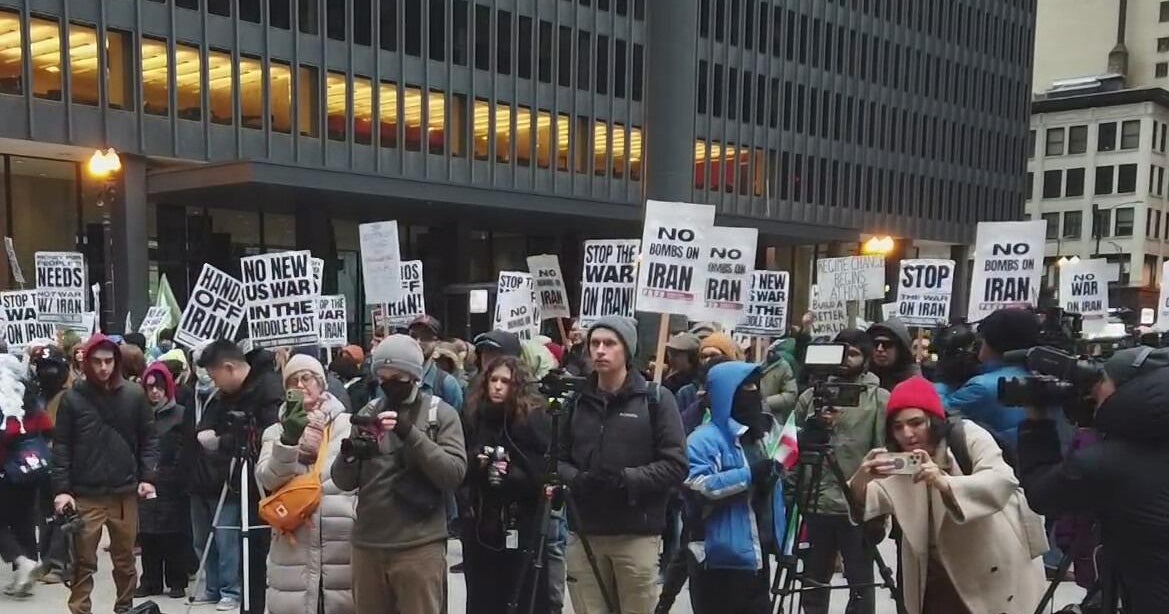Response To Corbett's Modified Medicaid Expansion Overhaul is Mixed
By Pat Loeb
PHILADELPHIA (CBS) -- Health care advocates are giving only qualified support to yesterday's federal approval of governor Tom Corbett's Medicaid expansion alternative for Pennsylvania.
They say the delay in getting low-income people insured has cost the state $2 billion it cannot recoup and the differences between the governor's plan and a straight Medicaid expansion are potentially harmful to the health and wellbeing of the state's most vulnerable citizens.
Corbett was one of 23 governors -- all Republicans opposed to the Affordable Care Act -- who refused to expand Medicaid after a US Supreme Court ruling made it optional. Corbett eventually proposed an alternative called "Healthy PA," which he said would make Medicaid more sustainable by, among other things, requiring recipients to use a state job search program.
The plan approved yesterday stripped out many of his proposals, creating a plan that state senator Vincent Hughes (D-Phila.) says looks "90 percent" like a straight Medicaid expansion.
"This could have been done over a year ago," Hughes said today.
Because the federal government had agreed to pay for 100 percent of the costs of expanding Medicaid, he says Pennsylvania would have received about $2 billion and created some 20,000 new jobs. But more importantly, he says, nearly 600,000 Pennsylvanians would have had health coverage this year.
That would have been a huge help to David Coleman. Coleman, a bus driver in Montgomery County, racked up $8,000 in medical bills this year after seeking treatment for chest pain. He'd tried to sign up for insurance through the federal marketplace and found his salary of less than $11,000 meant he made too little for an affordable plan.
"I was confused," he tells KYW Newsradio. "I was upset because I thought it (the ACA) was created for people who weren't able to pay for insurance."
Coleman says he's happy he'll be able to enroll for next year.
But concerns remain about the Corbett administration plan that was approved. It differs from Medicaid in allowing the state to charge premiums, beginning in 2016, of up to two percent of the recipient's income. It also condenses a number of Medicaid programs and shifts many of them to private insurers.
The state is also running a separate, voluntary program to link recipients to job training and job placement. It is not part of what federal officials approved, despite a statement by a Corbett spokesperson to the contrary. Corbett administration officials declined to give an estimate of what that program will cost the state.
State Rep. Gene DiGirolamo (R-Bucks) says he fears the impact that "Healthy PA" will have on current recipients: the elderly, the disabled, and pregnant women living in poverty.
"These people are going to be put in private insurance," he says. "It's going to be more expensive. Everybody thinks it's going to be more expensive and the only way to make ends meet is to cut the benefit package."
He also worries the premiums will be a hardship to low-income recipients.
"I'm glad we're moving forward with something," he says, "but I'd like to see the legislature have some oversight and see if there's a chance to make some changes."







